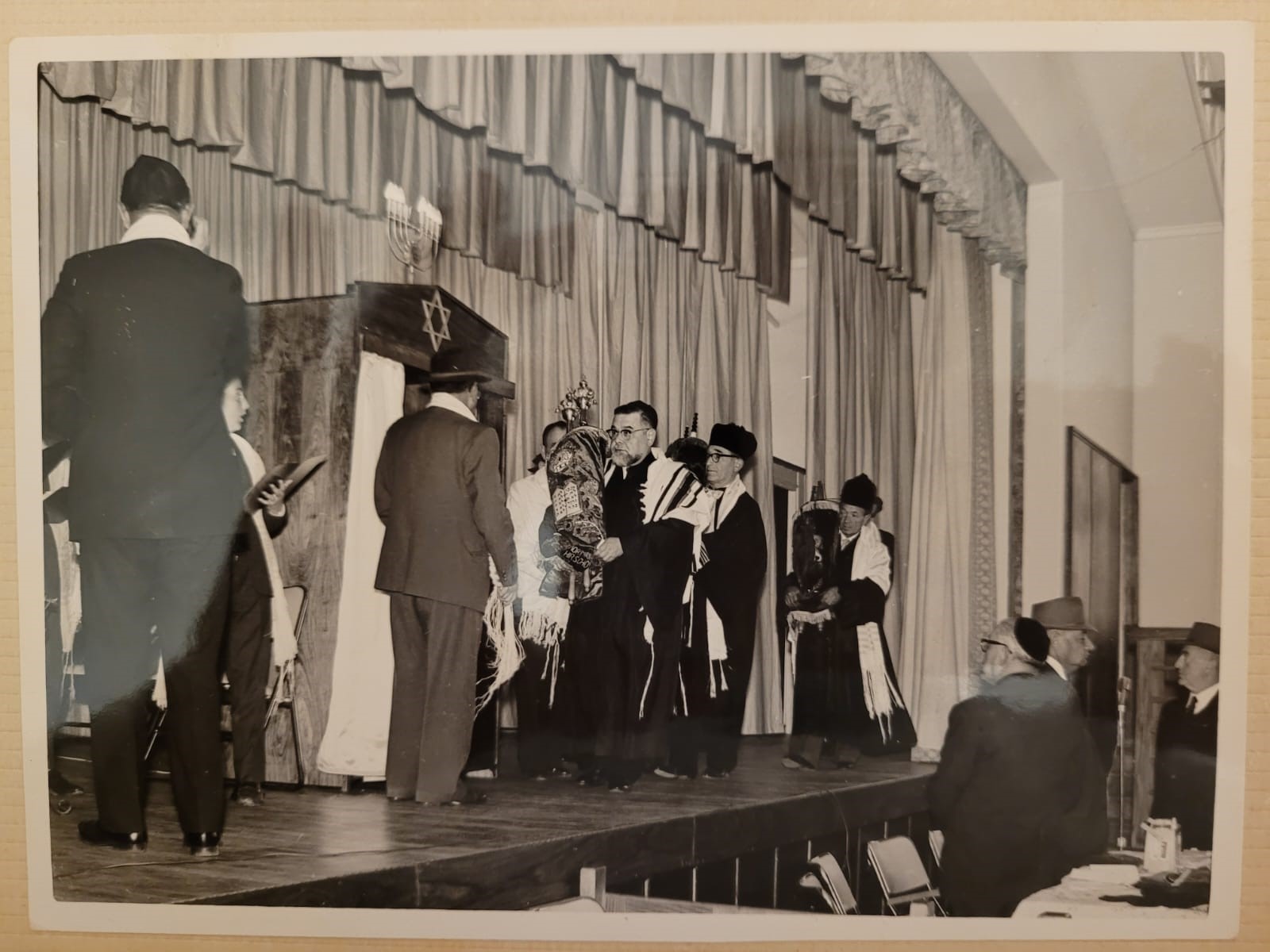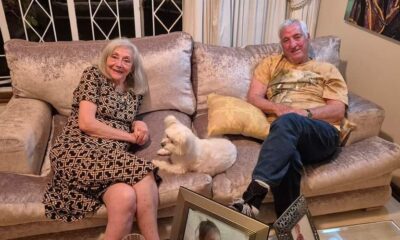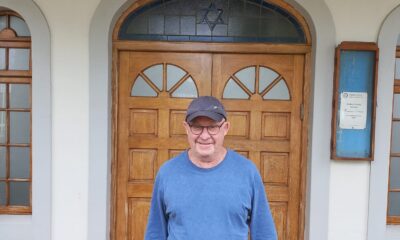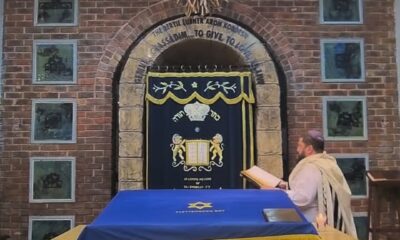
Community

Farming community recalls lyrical years in Leslie
Jewish children who grew up in the tiny farming town of Leslie, Mpumalanga, had an idyllic childhood and enjoyed a thriving communal life. They remember running around on the dusty streets wearing their kippot and never facing a hint of antisemitism, and sitting on “mielie bags” during cheder classes, after hiding from their teacher who had to drive two hours from Johannesburg.
All of these memories and a deep feeling of nostalgia came to the fore at a community reunion at Frangelicas in Johannesburg on 4 June. Though members of the community are now scattered around South Africa and the globe, they made the effort to come together to remember a golden era.
“Country living instilled a close-knit community which encouraged amazing values of sincerity, responsibility, family, and close friendships, regardless of age difference. The reunion keeps those values alive,” says Leslie Rubin who organised the event with Raymond Kramer. Both grew up on farms in the area.
He estimates that at the community’s height, it had about 35 to 40 families. About 60 people attended the reunion. “The highlight was seeing old friends and reminiscing about the past with the children and grandchildren of foundation members of the Leslie Shul. The warm and welcoming shul was the focal point of Jewish social life for townsfolk and farmers on Leslie’s outskirts.
“As early as 1900, Jews were known to have prospected for gold in the area, and had also embarked on farming to earn a living,” says Rubin. “People farmed mielies, potatoes, beans, grains sorghum, cattle, and sheep.” Some families arrived from Lithuania while others had been in South Africa for generations. His own family came to the area from Bethel.
As the Jewish presence in the area grew, “the Jewish communities of Leslie, Devon, and Kinross were in need of a shul. At first my father, Solly Rubin, had an office in the Main Street,” says Rubin. “Minyans were held there. Dave Katz lobbied for a shul to be built. He donated the land and collected pledges. The shul was consecrated in 1964, and it also had a hall attached.
“The Sefer Torah was entrusted to Jacob Snipelisky, Louis Lunz, Ezra Kagan, and Gustav Buxbaum for safeguarding, and Mr Katz became chairperson. The shul attracted a warm congregation, which enjoyed religious services and communal functions. It was sadly closed in 1992 due to diminishing numbers.” Drought was one of the reasons for farmers leaving the area. Possibly one Jewish person remains in the region today.
But the community has carried its history forward. “The sharing of stories and anecdotes contributed to a memorable and uplifting evening [at the reunion]. It felt like being part of a large happy family. I was privileged to enjoy an amazing childhood of family love, close bonds with sincere friends, and the freedom of living on a large farm. Sometimes we would visit friends and forget to leave for a day or two!”
A reunion was held 18 years ago, and one planned a few years ago didn’t occur because of the COVID-19 pandemic. “About four weeks ago, Raymond called me and said we should do it as soon as possible, otherwise it wouldn’t happen,” says Rubin. The event even included a rousing rendition of Avinu Malkeinu by community member and singer, Michael Katz.
Aubrey Girnun was originally from Springs, “but I always had a yen to go farming, so I got a job with Solly Rubin, Leslie’s dad. When Solly died, his sons and I bought a farm. Everyone in the region farmed similar things and built close relationships.” He and the Rubins lived next door to each other, and the families remain close friends to this day. “I miss it very much. It was the greatest place in the world to bring up children. Seeing people at the reunion that I haven’t seen for donkey’s years was too marvellous.”
At the reunion, his son, Barney Girnun, said, “For us, Johannesburg was New York and Springs was probably Los Angeles.” But he loved his youth in the countryside.
“Those were the greatest years of our lives,” says Kramer. “There were 50km of farms that were completely Jewish. You found Jews in every corner, nook, and cranny. It gave us an amazing grounding.”
His whole family attended the reunion including his three brothers, children, and grandchildren. “It was so meaningful. There were many people who couldn’t be there, but it was still a memorable and historic event, with so much laughter! It was an honour to organise it and see it through. There is so much unity in the ‘farming crowd’, and families were happy to donate towards the event.”
Ultimately, he remembers a childhood of freedom, walking for kilometres in safety, people leaving their windows open and doors unlocked, braais every Sunday, and having friends as neighbours.
“It made a huge impression on our lives. If we can bring our kids up like we were – unspoilt, with more down-to-earth grounding, manners, respect for elders, more sport, being in touch with nature, and being proud of their Jewish heritage, it will stand them in good stead for the rest of their lives.”











Noggy Fridman
June 8, 2023 at 8:16 pm
I was born in Leslie in 1953 and lived there until I went to Jeppe Boys’ as a boarder in Standard 6. My dad was one of the GPs of the village. One memory was that our relatives from Joburg and other places and those of other Jewish families used to spend their school holidays in Leslie, so there was amazing activities. No sitting at home with cellphones. There were only about 6 Jewish families in the village